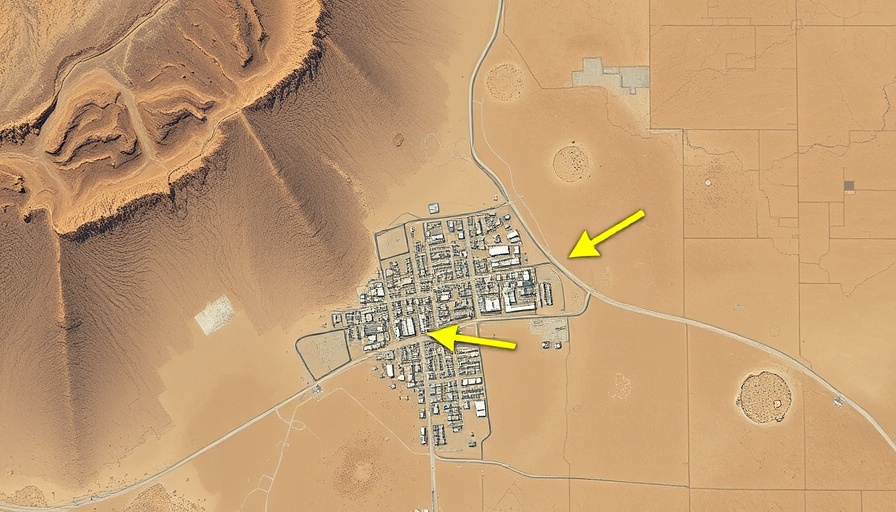
Discover the Secrets of Area 51's Hidden Town
On the fringes of what the public knows lies a strange town, steeped in intrigue and shrouded in secrecy. Located near the infamous Area 51, this place has sparked countless theories and legends. It's a staple in UFO folklore, and many speculate about the government experiments said to take place there. But what if there is more than just conspiracy surrounding this peculiar spot?
In The bizarre town hidden near Area 51, the discussion dives into the intriguing facts surrounding this mysterious location, exploring key insights that sparked deeper analysis on our end.
A Historical Context of Secrecy
Area 51, officially known as the Nevada Test and Training Range, has long been associated with classified military operations. Its history dates back to the Cold War and has ties to top-secret research and testing of military aircraft. The rise of UFO sightings in the 1950s only added fuel to the fire of speculation about what happened behind its barbed wire fences. The hidden town nearby plays a crucial part in this narrative, serving as a potential support community for those involved in clandestine activities.
The Cultural Impact of the Unseen
For many across the globe, this hidden town and Area 51 represent a collective curiosity. They symbolize the unknown, stirring fervent interest in government cover-ups, extraterrestrial life, and even the bounds of human imagination. This fascination transcends borders, sparking interest even among Africans who engage with global narratives and seek connections to historical events, including those involving war and espionage.
Why This Information Matters
Understanding the existence of a hidden town near Area 51 is more than about alien theories; it's about the broader implications of secrecy in governance. For Africans and global citizens alike, the discussions around such hidden places often reveal a window into how power operates away from the public's eye, resonating with historical patterns seen in many African nations where governance is similarly shrouded in secrecy.
Predictions and Future Insights
Looking ahead, as technology advances and transparency grows increasingly demanded by the populace, we may witness shifts in how governments manage secrets. The online discourse surrounding these hidden locations might lead to greater public inquiries into what truly happens in these obscure towns and facilities. This could herald a new era of accountability that resonates well beyond just the borders of the United States.
Making Sense of the Unknown
The fascination with Area 51 and its hidden town encapsulates a desire for understanding beyond the physical realm. By discussing such topics, we not only engage with myths but also promote critical thinking about issues of governance, war, and the legacies we inherit. For those curious about world events, the lessons learned here echo in many parts of Africa, where transparency remains a pressing concern.
 Add Row
Add Row  Add
Add 


Write A Comment